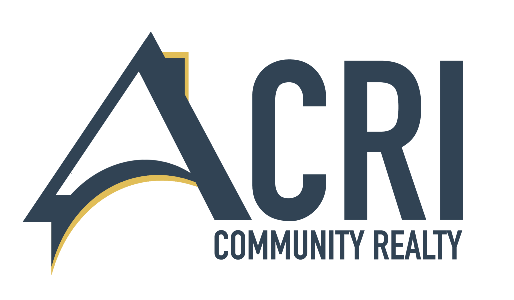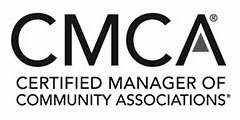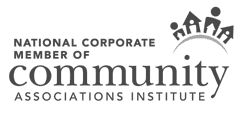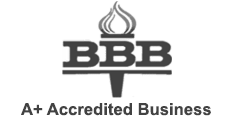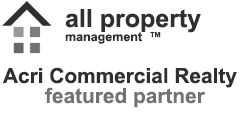HOA Meeting Terminology Explained
Homeowner meetings can be confusing so we are taking a few moments of your time to explain common HOA meeting terminology to help you understand how things work.
What is a Quorum?
A quorum is the minimum number of owners who must be at a meeting before business can be transacted. State law tells us what that minimum number is for our association. It’s relatively low, but we still have a tough time getting to it. It’s a common problem in many associations.
Meetings that don’t have a quorum must be adjourned and rescheduled at a later date. This costs the association money and creates more work. And, achieving a quorum at a second meeting—if we couldn’t get one the first time—is even harder.
So, why bother to try again? Because the board is legally obligated to conduct an annual meeting. It’s an important part of conducting association business. During the annual meeting, new board members are elected and the coming year’s budget is presented to the homeowners for approval. No quorum — no election, no budget. This means the current directors will have to continue serving until an election can be conducted. It also means that last year’s budget will remain in effect until a valid meeting (one with a quorum) can be held to approve a new budget.
What is a Proxy?
When you buy a unit in Homeowners Asociation you essentially become a shareholder in that association. You’re entitled to vote in upcoming board member elections or run for a seat as well. However, if are unable to attend the meetings where voting on major issues takes place homeowners do have the option to vote via a proxy.
A proxy allows someone else to vote for you in the event you can’t make a homeowners’ meeting. Assigning a proxy helps you maintain your interests and also helps the meeting itself move forward without worry over an absent member.
At times you may be asked to complete a proxy form, even if you plan to attend the meeting. That’s just in case something comes up that prevents you from attending. And, when you do attend the meeting, your proxy will be returned to you.
You can be “at” a meeting and across the country at the same time by signing a proxy. That’s how you assign your vote, in writing, to another person. Proxies count toward the quorum, so they’re very important to the association. Many pro-active Associations are leveraging online voting and proxy collection to obtain maximum results for the least amount of effort.
What’s a Motion?
A motion is a proposal that the association’s membership takes action or a position on a specific topic or issue. The following are six types of motions anyone who is a member can make at an association membership meeting:
- Main motions introduce a specific topic for consideration and cannot be made while another motion is before the group.
- Subsidiary motions amend or change how to handle a motion that’s already being considered. A subsidiary motion is voted on before the motion it affects is voted on.
- Privileged motions represent urgent or important matters that take precedence over regular or pending business.
- Incidental motions are responses to the procedure and must be considered before the main motion.
- Reconsidered motions generally are brought up when there is no other pending business so that the membership can revisit an unresolved issue.
- A pending motion is one that has been stated by the chair but has not yet been brought to a vote.
Rinaldo Acri says, “It’s easy for homeowners to get confused on HOA legal terms – especially if they have never purchased in a planned community before.”
Planned communities work much the same as Governing entities and follow many of the provisions set forth in the declarants.
